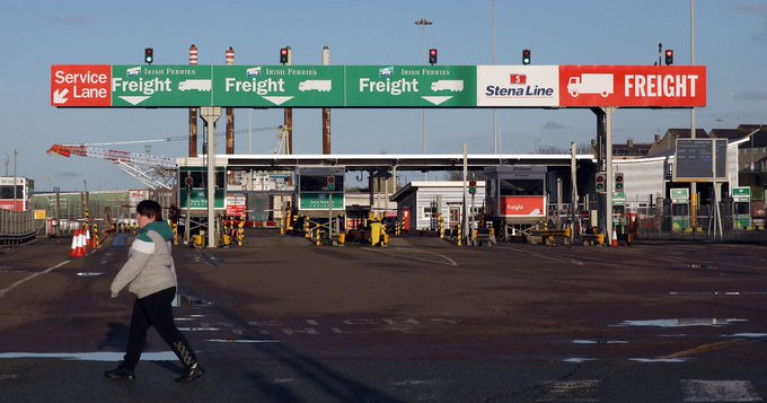Displaying items by tag: Welsh Gov
Port of Holyhead Border Post Site Confirmed by Welsh Government
The ferry port of Holyhead has been confirmed by the Welsh Government for the site of a planned new Border Control Post (BCP).
Physical checks are required on certain goods entering the UK from the EU due to Brexit and the deal struck by the UK Government.
Further controls on imports are due to be introduced in phases this year by the UK Government.
Checks were due to be introduced in stages from 1 April and from 1 July, but most import checks have now been pushed back to January 1 2022.
Border Control Posts (BCPs), where the required physical inspections will take place, are being established across the UK.
At Holyhead inspections will be required on goods such as animals, plants and products of animal origin entering Wales from the Republic of Ireland. These checks are the responsibility of the Welsh Government and will be in place in order to ensure goods entering the UK do not pose a risk to public health, or to the spread of animal or plant diseases.
Welsh Government has announced that Plot 9 at Parc Cybi has been selected as the site for the post.
A planning consultation under a Special Development Order will begin shortly.
For much more reading on this development, NorthWalesLive reports including an image of the BCP plot site.
Port of Holyhead Under threat from Breakwater Erosion
#ferries - BBC News writes that action is needed to repair damaged Victorian sea defences protecting a Welsh port, experts have warned.
Anglesey council has been told the 1.7 mile (2.4km) breakwater at Holyhead - the longest in Britain - is suffering from erosion to its rubble mound base.
Ferry company Stena Line which owns the structure estimated in 2013 that it was costing £150,000 a year in maintenance.
Consultations and a public meeting are being held to support the case for Welsh Government funding for repairs.
The Grade II-listed structure was opened in 1873 after 28 years of construction involving more than 1,300 workers.
Anglesey council said the rubble mound on which the wall stands has gradually been eroded by the constant wave action and could be breached within 15 years.
For more on this story click here.





























































